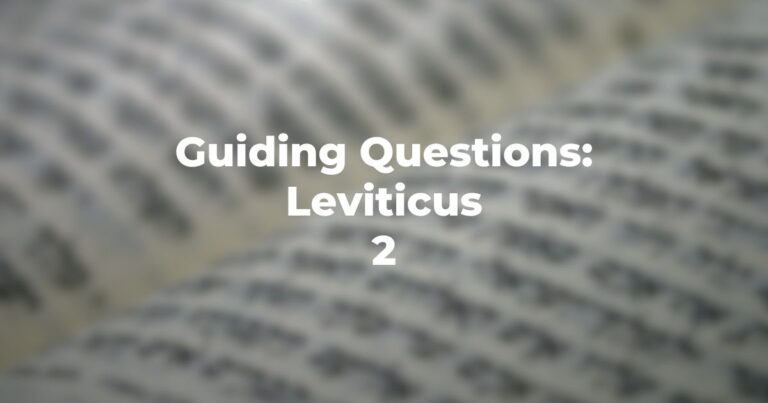- How many different topics are dealt with in this chapter?
- Does the advice regarding loans differ from the legislation of the TorahRefers to the first five books of the Hebrew Bible, the Tanakh, also called the Five Books of Moses, Pentateuch or the Hebrew equivalent, Humash. This is also called the Written Torah. The term may also refer to teachings that expound on Jewish tradition. Read more? See, e.g., Deuteronomy 15.
- What does the admonition to observe the ant reveal about the ancients’ knowledge of nature? What does it reveal about their work ethic? Does modern research confirm the description of the ant?
- What is unsavory about winking one’s eyes, shuffling one’s feet, and pointing one’s finger (Proverbs 6:13)?
- What functions did the ancients attribute to the heart, alluded to in Proverbs 6:14?
- Why are seven abominations listed? Is there an echo of prohibitions listed in the Torah in Proverbs 6:16-19?
- Do Proverbs 6:20-22 have any connection to the preceding text?
- Proverbs 6:23 is very familiar because it is frequently quoted. What word usually appears in place of “teaching” and why is this variation important?
- The writer (or writers) appears to be fixated on the adultery and its consequences. Why?
- Why is the warning always directed to a son and never to a daughter?
- Compare the penalty for adultery to the legislation in the Torah. See, e.g., Deuteronomy 22:22.
- Is it possible to pacify the husband of an adulteress (Proverbs 6:34-35)?
Author
-

Exploring Judaism is the digital home for Conservative/Masorti Judaism, embracing the beauty and complexity of Judaism, and our personal search for meaning, learning, and connecting. Our goal is to create content based on three core framing: Meaning-Making (Why?), Practical Living (How?), and Explainers (What?).
View all posts




